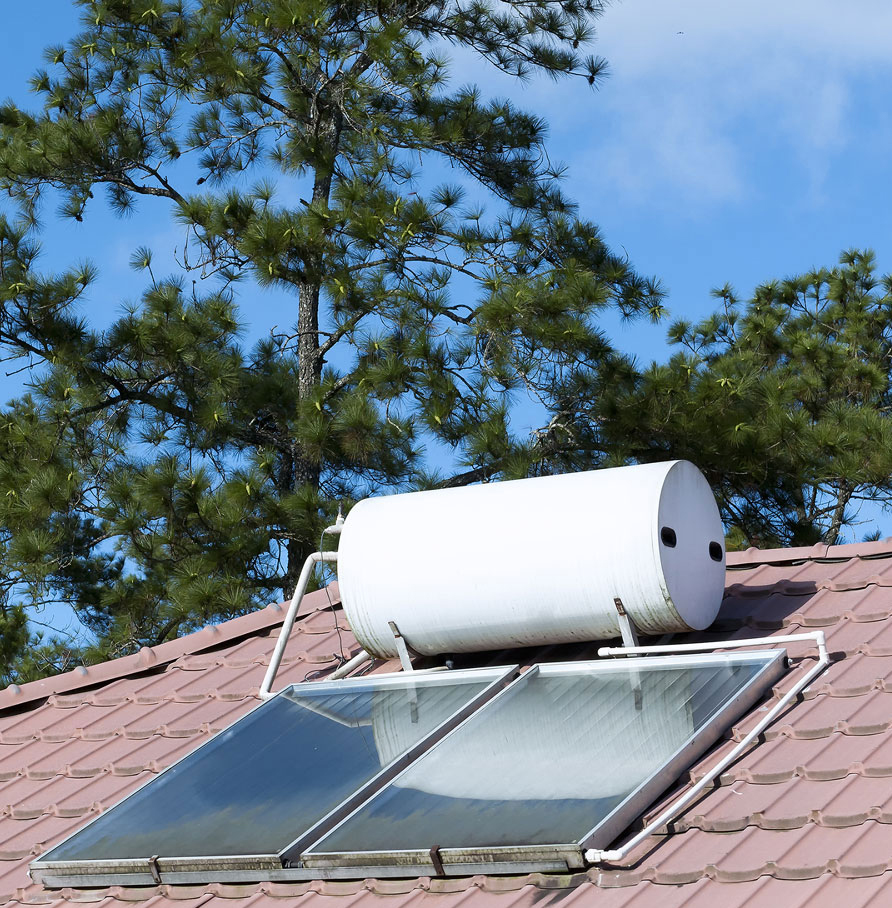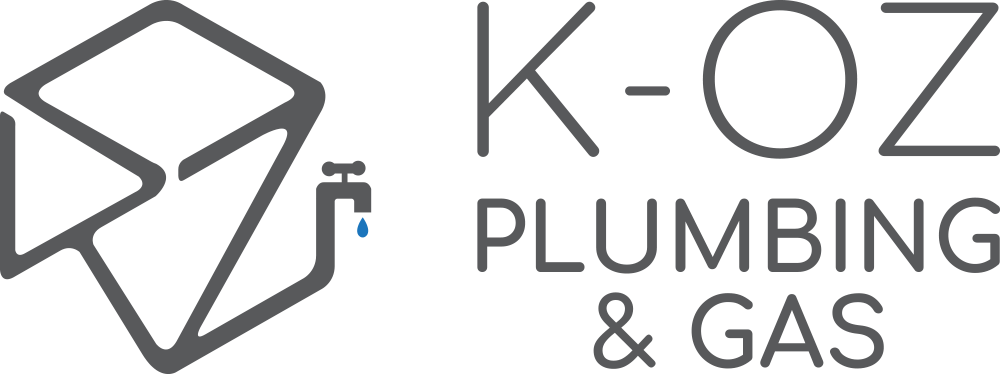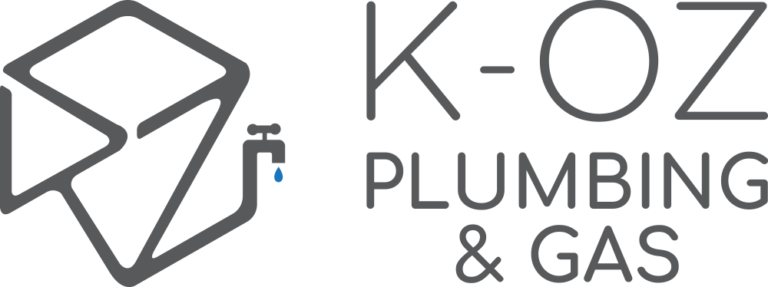Revolutionize Your Home with Efficient Heat Pump How Water Systems
A Sustainable Choice for Hot Water Needs
Why Heat Pump Hot Water Systems?
Heat pump water heaters represent a significant advancement in home heating technology. Utilizing the warmth of the surrounding air, these systems offer an energy-efficient alternative to traditional water heaters.
Features of Heat Pump Water Heaters

Integrated Systems
Combines the heat pump with the storage cylinder.

Split Systems
Separates the evaporator, fan, and compressor from the storage cylinder.
System Efficiency

Heat Losses
Minimized through advanced insulation.

Off-Peak Electricity Tariff Compatibility
Maximizes cost savings.

Reheat Rate
Efficient in various climates and usage patterns.

In-built Timer
Aligns operation with solar PV systems for optimal energy use.

Running Costs
The running costs of heat pump water heaters are a key aspect to consider, especially when compared to traditional water heating systems. These innovative heaters are designed to be significantly more energy-efficient, using approximately 60-75% less electricity than conventional electric hot water systems. This efficiency stems from their unique operation method, where electricity is primarily used to operate the heat pump, rather than directly heating the water. This translates into substantial savings on your electricity bills.
Furthermore, many heat pump water heaters are compatible with off-peak electricity tariffs, allowing them to operate during times when electricity is cheaper. This feature is particularly beneficial if the system is sized correctly to meet your daily hot water needs without running out. Additionally, for households with solar photovoltaic (PV) systems, these heaters can be even more cost-effective. By setting the system to operate during peak solar hours, you can utilize the solar-generated electricity, reducing reliance on the grid and further cutting down electricity costs. While the initial investment in a heat pump water heater might be higher than traditional systems, the long-term savings in running costs make it an economically sound choice over time.
Benefits of Heat Pump Water Heaters
- Energy Efficiency: Uses 60-75% less electricity than traditional systems.
- Consistent Heating: Provides a steady supply of hot water.
- Eco-Friendly: Reduces carbon footprint and supports sustainable living.
- Durability and Low Maintenance: Built for longevity with minimal upkeep.
- Cost-Effective: Long-term savings on energy bills.
Installation and Operation
- Ideal Locations: Requires well-ventilated areas for optimal performance.
- Noise Considerations: Comparable to air conditioners, with options to minimize impact.

Choosing the Right System
When selecting the right heat pump water heater, it’s crucial to consider your specific needs. Start by evaluating the size of your household, as this will determine the capacity of the system you require. The climate in your area plays a significant role too; in colder regions, you might need a system with a higher reheat rate to maintain efficiency. Additionally, reflect on your daily hot water usage patterns. Frequent, heavy use necessitates a robust system with a larger tank and faster recovery rate. It’s not just about meeting your current needs but also anticipating any future changes, such as family expansion or lifestyle adjustments.
Moreover, it’s wise to explore government rebates and incentive programs available in your region. These programs can significantly reduce the initial investment in a heat pump water heater, making it a more affordable and attractive option. Rebates often vary based on the type of system, its efficiency rating, and your location. By taking advantage of these incentives, you can enjoy the long-term benefits of an energy-efficient system while easing the burden of upfront costs. Always consult with suppliers or local energy agencies to understand the specific rebates you might be eligible for, ensuring you make a cost-effective and environmentally friendly choice.


